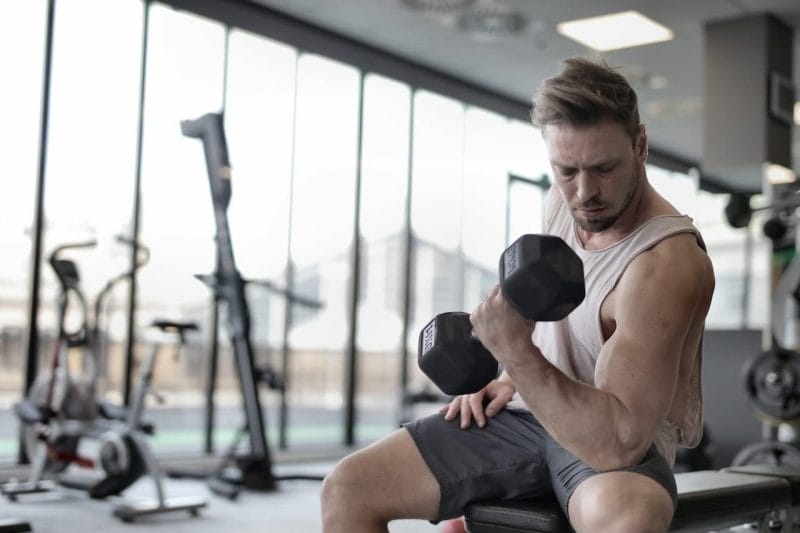As we age, we often hear that our metabolism slows down and our basal metabolic rate (BMR) decreases. However, research shows that this is not entirely true. Our BMR is actually quite stable and does not decrease significantly with age. Instead, it is our body composition that affects our BMR. The more lean tissue we have, the higher our BMR, and the less lean tissue we have, the lower our BMR.
So, what can we do to increase our lean tissue and, consequently, our BMR? The most effective way is through exercise and strength training. By engaging in regular physical activity and strength training, we can build and maintain muscle mass, which can increase our BMR and help us burn more calories throughout the day.
Another factor that can affect our metabolism is the thermic effect of food. This refers to the amount of energy required to digest, absorb, and process the nutrients in the foods we eat. Some foods, such as proteins and unprocessed foods, require more energy to digest than highly processed foods. Eating a less processed diet can help increase the thermic effect of food, but this is a relatively low impact on total calories burned.
Non-exercise activity thermogenesis (NEAT) is another factor that affects our metabolism. NEAT refers to the energy we expend during daily activities that are not considered exercise, such as walking, standing, and fidgeting. Interestingly, as we get into large caloric deficits, we tend to do less and less of it, as our body begins to conserve calories by moving less without us being aware of it. This can contribute to plateaus in weight loss progress.
Since these three categories – body composition, the thermic effect of food, and NEAT – contribute to the majority of our caloric expenditure, it’s easy to see why weight loss can be a difficult task. However, there is one factor that we can control: exercise. Engaging in regular physical activity can help us build lean tissue, increase our BMR, and burn more calories throughout the day.
It’s important to note that while exercise can certainly help with weight loss, it is not a magic solution. It’s still important to focus on a healthy and balanced diet, as well as other lifestyle factors such as sleep and stress management, in order to achieve and maintain a healthy weight.
In conclusion, our BMR does not decrease significantly with age, but our body composition does affect it. Building and maintaining lean tissue through exercise and strength training can help increase our BMR and burn more calories throughout the day. While the thermic effect of food and NEAT are difficult to manipulate, we can control our exercise habits to help us achieve and maintain a healthy weight.
Want to see if we can help? Click here to schedule a free no sweat intro consultation.


